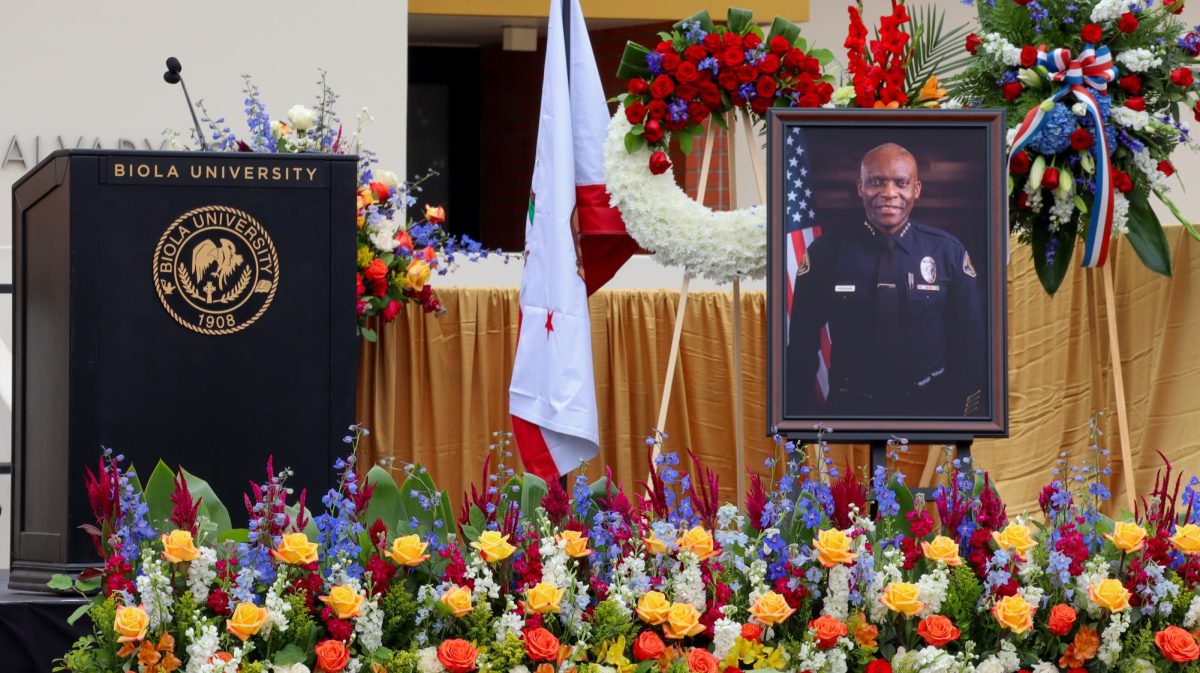“Systematic slaughter” were the words that British photojournalist Paul Conroy used to describe the recent actions of government forces against Syria’s civilian population.
“There are no military targets, it’s pure and systematic slaughter of a civilian population. The only reason those shells are going in are to eliminate the people and buildings of Baba Amr,” he said in a BBC report.
Conroy was reporting from Homs and was injured in the same shelling attack that took the lives of journalists Marie Colvin and Remi Ochlik. His injuries left him stranded in the Baba Amr district of Homs before he was taken to Lebanon by Syrian rebels.
Changing leadership concerns minority groups
Approximately 7,500 Syrian citizens have been killed in the movement to overthrow Syrian President Bashar al-Assad and his regime, according to United Nations under-secretary-general for political affairs Lynn Pascoe.
While the uprising has thrust the entire population of Syria into a state of conflict, acclimation to changing political affiliations and authority is critical to the region’s most vulnerable minority groups, including the nation’s fragile Christian population.
“The Syrian government initially said that [they] are fighting terrorists, which they were. Unfortunately, in the last few weeks the Syrian army started to make big mistakes by killing Christians and Syrian citizens,” said Arabic professor Victor Khalil, referring to recent Arabic news reports.
According to the CIA World Factbook, 74 percent of Syria’s 21 million people are Sunni Muslims. Sixteen percent of Syria’s population are minority Muslim groups, including the Aliwante and Druze, and 10 percent are Christians.
The BBC has reported that Syria’s minority groups remained loyal to al-Assad until recently. According to Khalil, al-Assad is losing the loyalty of the Christian, Druze and Aliwante populations as they lose their protection.
For minority groups in the Middle East, political and social alliances are determined by the promise of protection and freedom from persecution, according to Khalil.
Churches form political alliances
Judith Rood, a professor of history and Middle Eastern studies at Biola, asserts that the formulation of strategic alliances has been practiced by the church and other minority groups throughout the region in recent history.
“[Middle East churches] have supported the tyrants that have ruled in the Middle East for the decades since the second World War. And the reason that they’ve supported the regimes is so that they could be protected by them,” she said.
Rood believes that Christians in the Middle East are subject to a more severe barrage of persecution because of their faith’s connection to a centuries-old political and religious conflict.
“Even if they are nominal believers, they represent the West and, by extension, they kind of represent Christianity as it is connected to Israel,” she said.
Ongoing process of restoration
As the international community strives to bring relief to the Syrian people and stability to the nation, Khalil warns that restoration will not be achieved immediately.
“It took hundreds of years to bring the country to this point,” he said. “We’re not going to see solutions today. The Western mentality [says] ‘fast solutions.’ The Middle East doesn’t work like this.”






